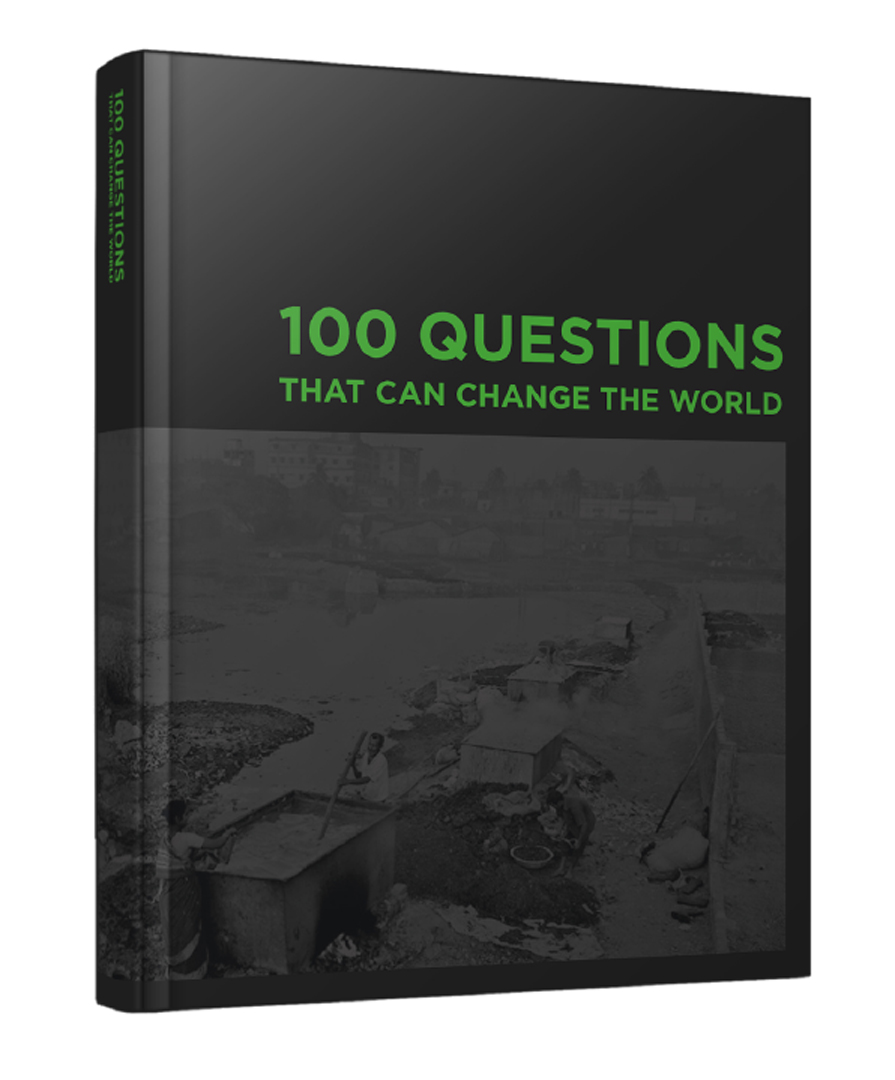“Global Change App” presented by Cerpina
Session Title:
Presentation Title:
Presenter(s):
Abstract:
What are the most radical questions that could change the world? How about integrating radiation in agriculture and food production to feed the less fortunate? Establishing 0-children policy in Africa to reduce overpopulation? Or building artificial islands to grow trees for industrial manufacturing and commercial use? Could these be the changes we should make? The current problems are not only rise in population, energy crisis, lack of food, endangered animals and deadly diseases in Africa, but also the way the society perceives these issues and act upon these. In the age of information overload our society needs to feel the impact of the Anthropocene like a fist in the face.
Living in the Anthropocene can seem as the crisis is the age itself. In addition to the intensifying debates about the ecological crisis, the recent years has shown how interconnected the global society has become. An example is the refugee crisis in Syria, sending large migration waves to Europe, pointing to the vanishing territorial borders and growth of transboundary issues, as a result of increasing economical and cultural interconnectivity. Considering only locally based issues, bound within the national borders, is not sufficient anymore. Such problems as the global ecological crisis, or migration (EXODUS) cannot be solved by individual nations, as they aren’t caused by any single government.
The Global Change App was initiated as a discursive art project. It is based on artistic research, investigating how to interactively involve and engage people in fundamentally important, contemporary ecopolitical matters. The most important element of the project is finding radical and important questions that can change the world. This presentation will focus on how to how to engage people in global democracy in posthuman world by reducing the complexity of global decision making process.






